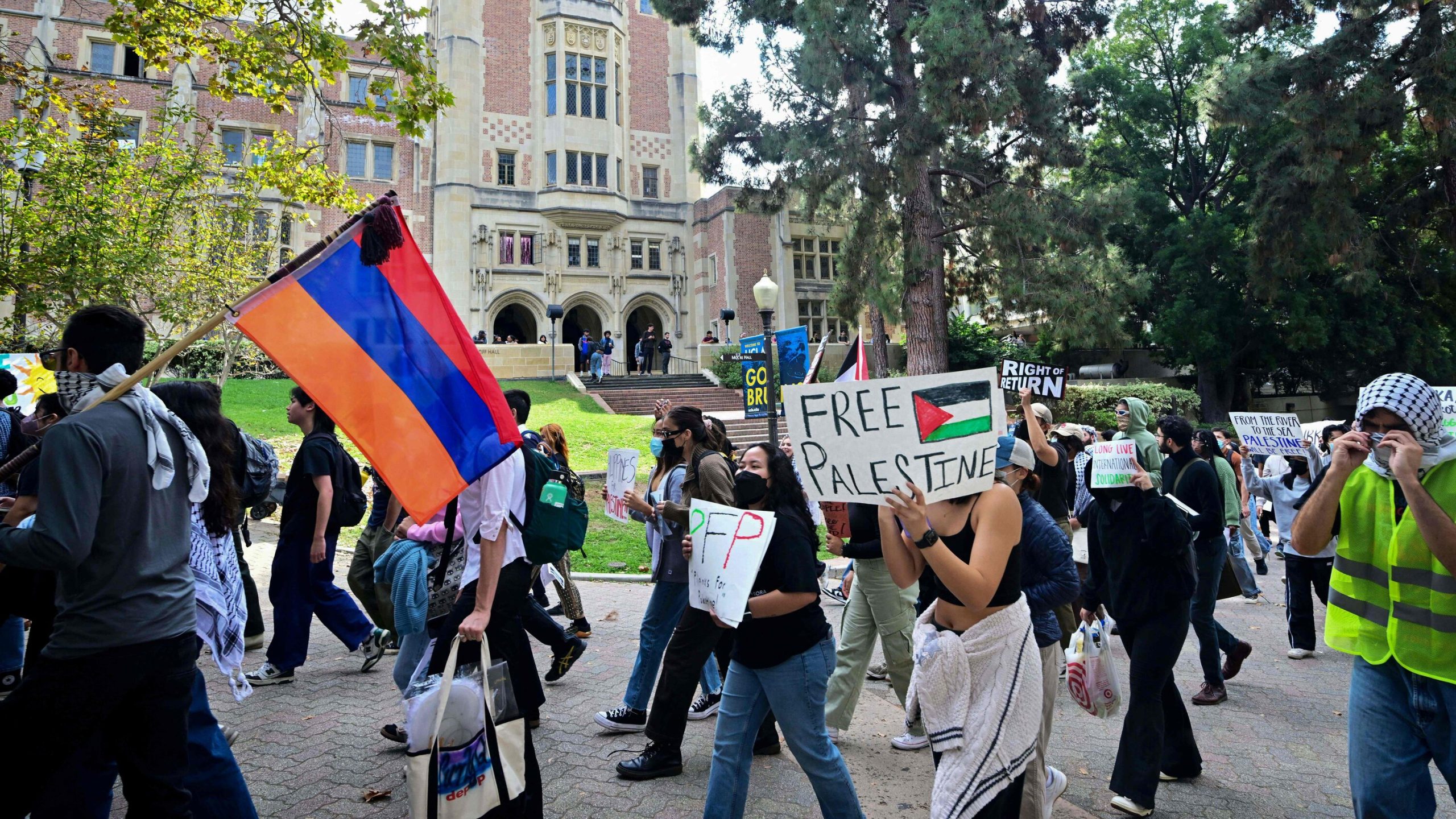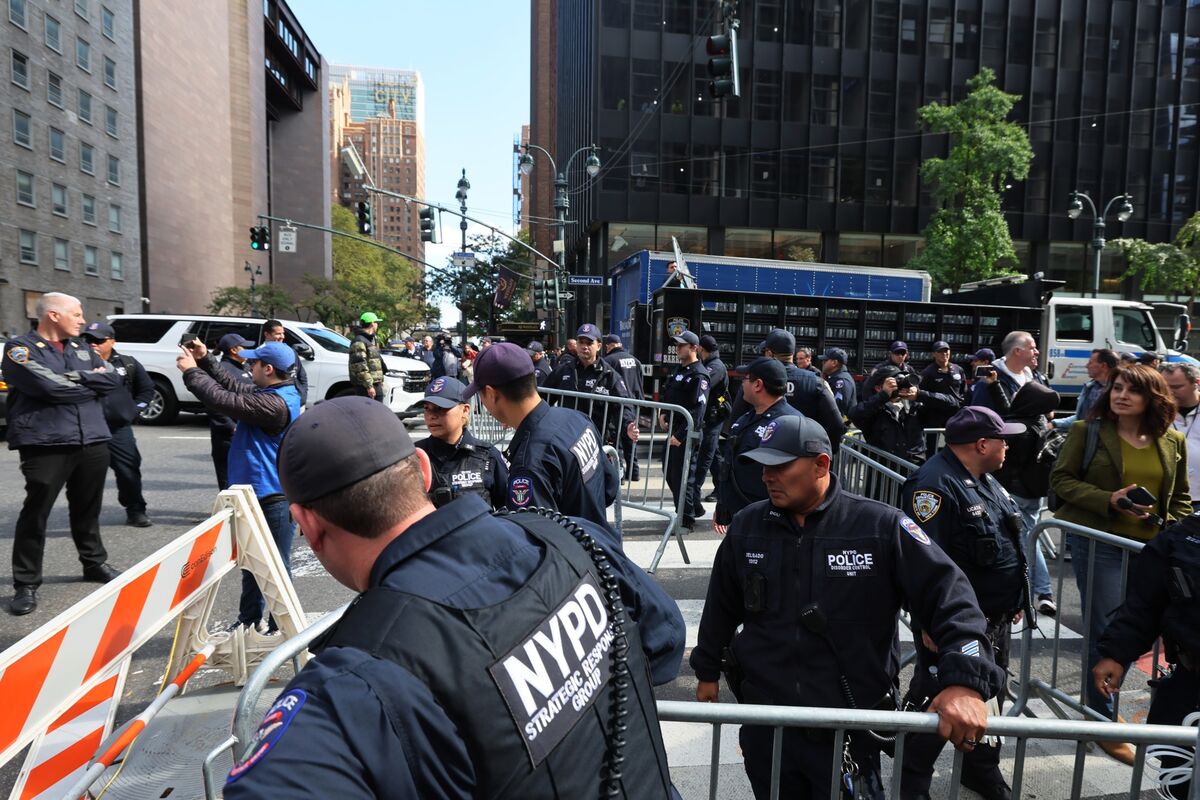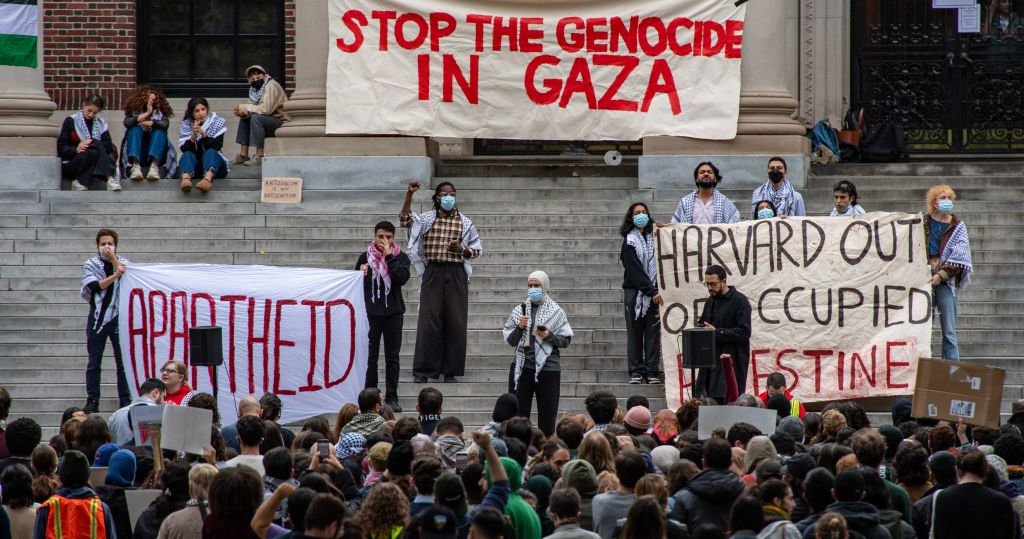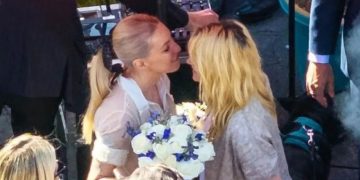Tensions flared on U.S. campuses as pro-Israel supporters clashed with pro-Palestinian demonstrators. At UCLA, violence erupted when assailants attacked a pro-Palestinian encampment, prompting UCLA Chancellor Gene Block to condemn the assault and promise an investigation.
Los Angeles Mayor Karen Bass and Governor Gavin Newsom denounced the violence, urging an inquiry into the incident.
Simultaneously, police at Columbia University in New York City arrested pro-Palestinian activists occupying Hamilton Hall.

The clashes marked a significant escalation in student activism since 2020, fueled by the recent Gaza conflict.
Students nationwide have rallied against Israel’s actions in Gaza, demanding divestment from companies supporting the Israeli government. Amid these protests, accusations of antisemitism and concerns about campus safety have emerged.
Republican lawmakers criticized university administrators for allegedly tolerating antisemitic rhetoric. Columbia’s President faced calls for resignation, igniting debates about free speech and political expression on campus.
President Joe Biden, amidst controversy over U.S. support for Israel, plans to address antisemitism at a Holocaust memorial event. However, Republican candidate Donald Trump praised police intervention at Columbia, further polarizing the issue.

Videos from UCLA depicted chaotic scenes of confrontation, with counter-protesters clashing with pro-Palestinian demonstrators. Both sides deployed pepper spray, and fights broke out, leading to injuries and arrests.
As tensions persist, calls for peaceful dialogue and investigation echo from political leaders and university officials.
The aftermath leaves campuses grappling with the complexities of free speech, political activism, and ensuring a safe environment for all students.


















